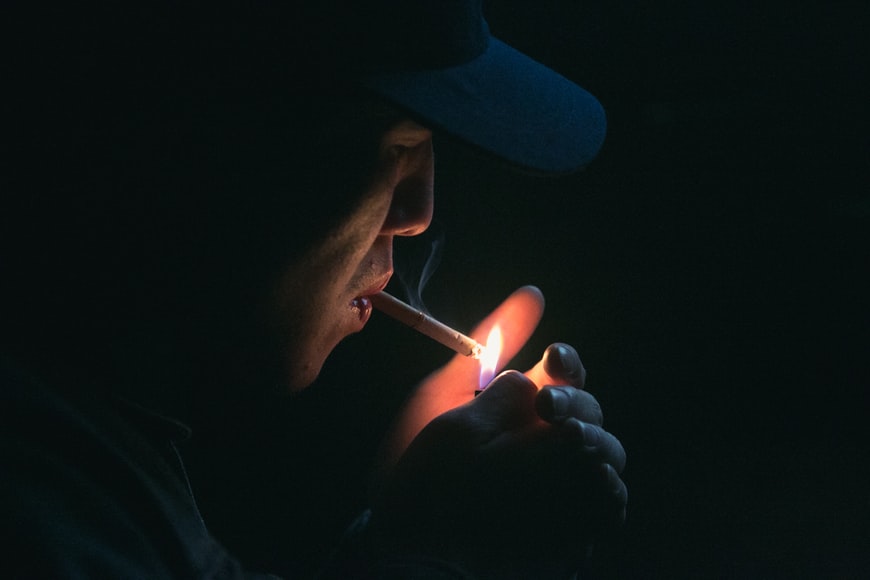If you’ve suffered from long-term substance abuse disorders, you likely understand how damaging drug and alcohol dependency can be to your close relationships.
People who abuse substances often behave erratically and irresponsibly, leaving loved ones in the wake of drug-induced rage, mania, and recklessness. Unfortunately, addiction frequently severs relational ties, leaving addicts alone and susceptible to further drug use.
Though it can be challenging to remedy broken relationships, you can perform damage control by making amends and extending an olive branch to those negatively affected. One of the critical steps in rehabilitation is reaching out to those you’ve hurt, apologizing, and attempting to rebuild the trust you’ve broken. If you’re unsure whether your friends and family are at their wit’s end, read on for six ways addiction can affect your close relationships.
Behaving dishonestly
One of the most difficult relational obstacles to overcome when living with a substance abuse disorder is dishonesty. Unfortunately, many addicts rely on secrecy and deception to conceal their drug and alcohol use and absolve themselves from judgment.
Chances are your addiction is tied up in shame and guilt, and keeping the severity of the situation concealed can feel like the only option. However, once your loved ones notice unusual behavior or catch you in a lie, they may feel hurt and upset at your dishonesty, negatively affecting your relationship.
Isolating yourself
People with substance abuse disorders often begin isolating themselves from friends, family, and partners, pushing people away to continue their drug and alcohol use. Sadly, long-term use can significantly impact your emotional states, turning you into a completely different person when inebriated. Though every addict copes with dependency in unique ways, many find their priorities lie in getting their next fix, disregarding those around them to keep their habit alive.
Emotional dysregulation
A common symptom of addiction is emotional dysregulation, which can significantly impact your close relationships as you experience outbursts and engage in reckless behavior. Unfortunately, your friends and family often receive the brunt of your mood swings and callousness, leaving many loved ones feeling resentful and unwilling to continue the relationship.
Losing trust
As people fall deeper and deeper into substance abuse, the trail of lies, deception, and betrayal they leave behind can be long and winding. Unfortunately, broken trust is difficult to remedy, and many people engaging with addicts find themselves frustrated and disheartened by deceitful behavior. Though you can rebuild bonds by taking actionable, rehabilitative steps, like apologizing sincerely and committing to sobriety, distrust can reinstate the bond present in once strong relationships.
Abusive behaviors
Unfortunately, drug and alcohol dependency and abusive behaviors often go hand in hand. Though many addicts find treatment before stuping to toxic behaviors, others blame their behavior on substance use, punishing those around them through emotional and physical violence.
Drugs and alcohol prompt irrational behavior and can ignite fights quickly as anger builds into rage and resentment. Sadly, those living amongst heavily addicted individuals often experience mistreatment and trauma during outbursts and drug-induced mania. Additionally, frustrated family members can also act out, punishing the addict in unhelpful, abusive ways.
Wrapping up
Addiction and substance abuse disorders can significantly affect your interpersonal relationships as you engage in erratic, potentially dangerous behaviors. That said, by getting help from a professional treatment center and taking actionable steps toward recovery, you can attempt to rebuild broken connections and trust.
Read Also:
























